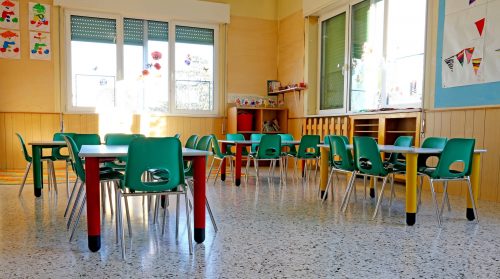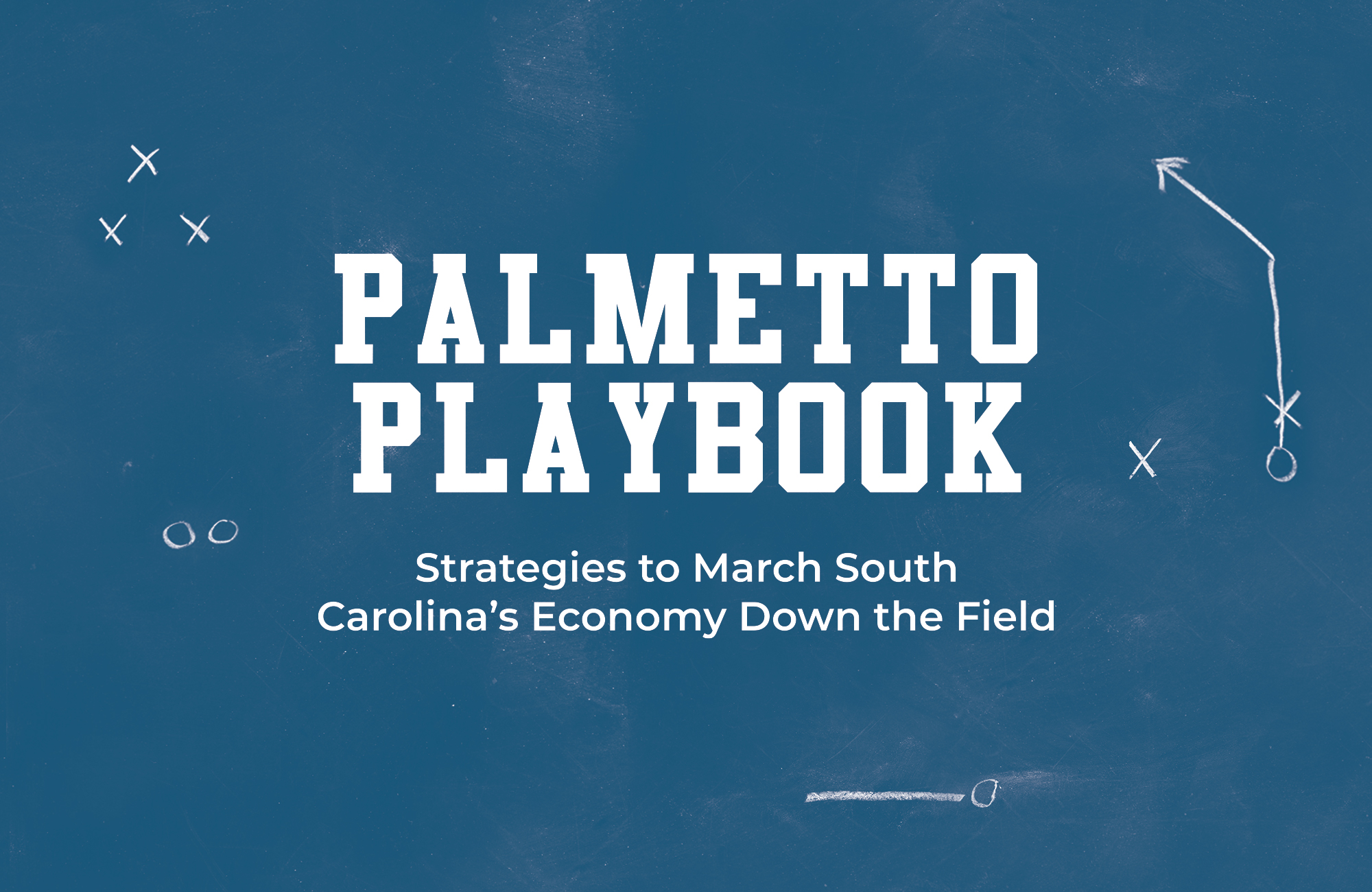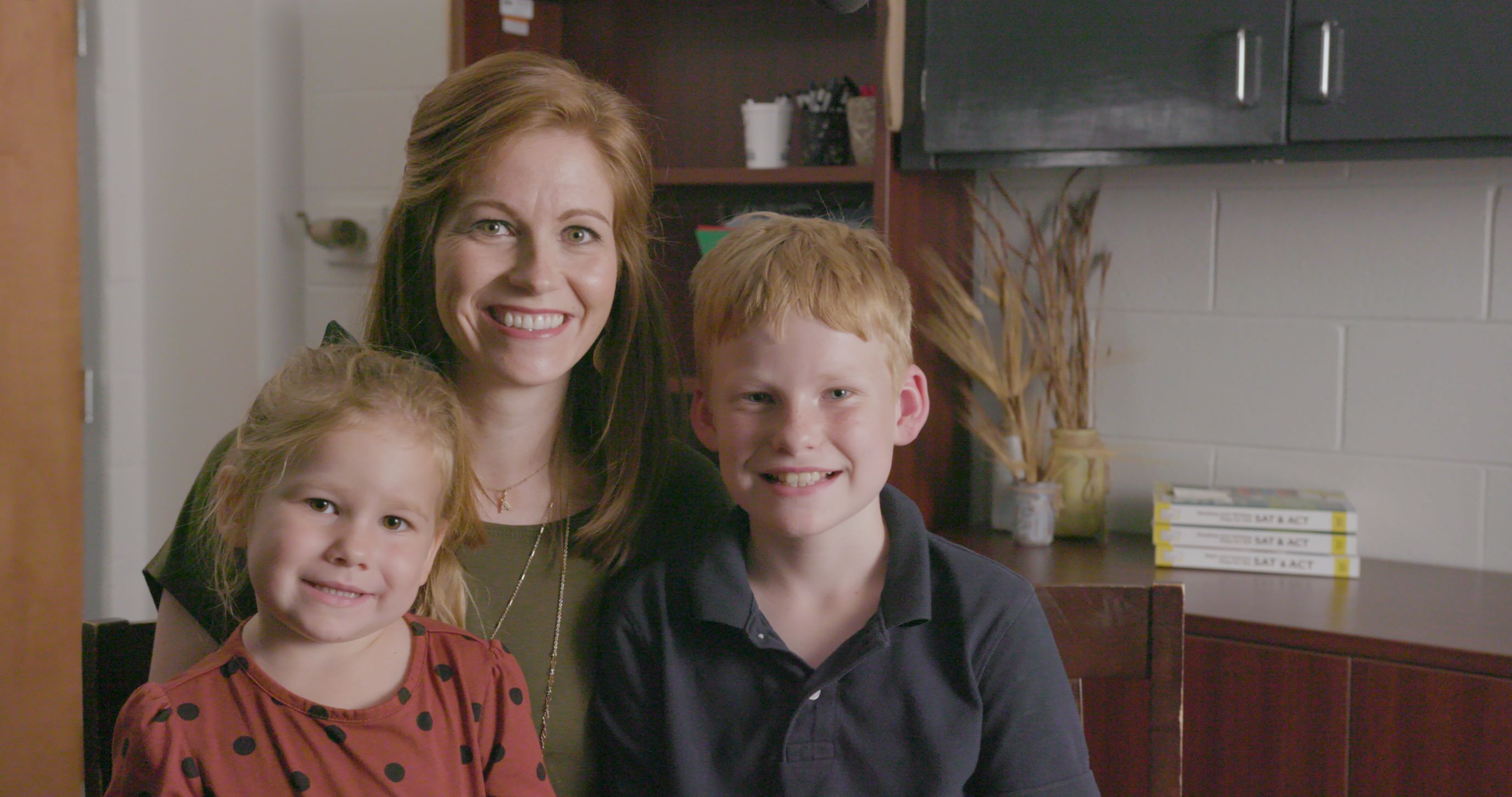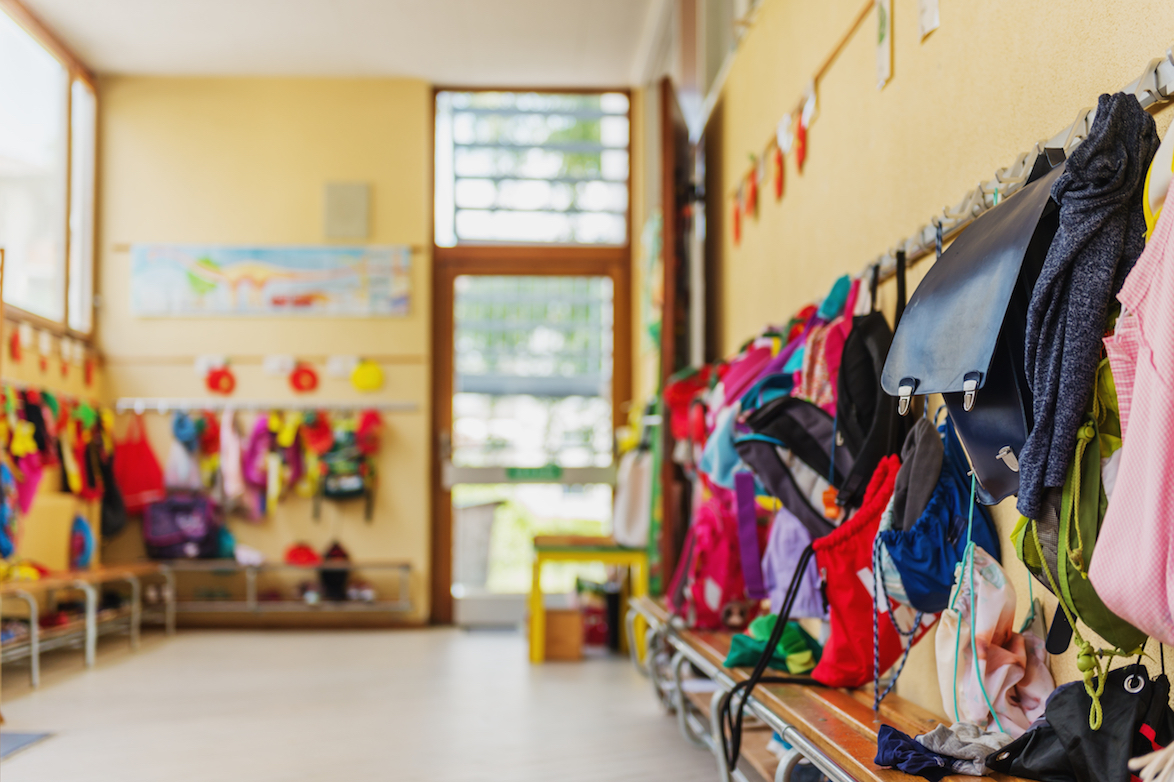COVID-19 Impact Survey: SC Independent Schools
Palmetto Promise Institute surveyed South Carolina’s independent schools to learn how the COVID-19 pandemic has affected them and how they have responded.
You can view detailed survey results by clicking here.
Here are a few of the survey’s findings:
Participation Rate
A total of 220 schools received the survey. 157 schools from every corner of the state responded for a 71% participation rate.
Impact on Learning
100% of South Carolina independent schools surveyed are engaged in some form of interactive distance learning.
Financial Losses for Current School Year
145 schools provided estimated financial losses for the 2019-20 school year.
Projected losses range from $1,000 to over $5 million for individual schools or school systems.
The combined projected loss is currently $19.7 million.
Financial Losses for Next School Year
135 schools provided estimated financial losses for the 2020-21 school year.
- Most schools project a 10-20% reduction in enrollment
- Projected losses range from $5,000 to over $5 million for individual schools or school systems
- The combined projected loss was $33.6 million
Impact on Employment
- 10 schools have laid off administration
- 11 schools have furloughed faculty
- 31 schools have laid off staff
Impact on State + Local Budgets
Shrinking enrollment and potential school closures also impact public education budgets. Impact projection scenarios range from $31 million to over $100 million.
What can be done to help?
At least 89 schools surveyed have applied for the SBA’s Paycheck Protection Program, with varying degrees of success.
Under the CARES Act, South Carolina will receive significant Education Stabilization funds:
- $204 million allocated specifically for Elementary and Secondary School Emergency Relief.
- $47 million is designated to the Governor’s Emergency Education Relief Fund (GEER).
Provide private school teachers access to the same professional development opportunities around distance learning that may be provided to public school teachers.
Create more virtual learning opportunities, such as Online Course Access, that could benefit all South Carolina students, including those at independent schools.
Create sustainable funding mechanisms to support qualified students’ ability to attend a school of their choice, which empirical studies in states like Florida have shown improve public education and save the state money.





